LEADING
THE WAY.

THE NO SURPRISE ACT AND AIR MEDICAL TRANSPORT
With the continued closure of medical facilities, which limits access to advanced levels of emergency care, air medical transport is more crucial than ever.
The No Surprises Act (or NSA, a part of the Consolidated Appropriations Act, 2021 (CAA-21)), protects patients by removing them from being in the middle of payment disputes between the insurance company and the medical provider.
The NSA applies to these medical cases:
- Emergency services
- Non-emergency services
- Services from out-of-network air ambulance service providers
Patients having insurance with plan year beginning January 1, 2022, are only responsibility for cost sharing (i.e., co-insurance, co-pay, deductible) imposed by their insurance plan or insurance company. With the NSA, insurance companies and air medical transport companies work together, without going through the patient, to resolve the amount owed by the insurance company.
Financial matters, other than co-insurance, co-pay or deductible, are not the patients concern. The patient’s only responsibility during the billing process is to provide the necessary paperwork from patient’s insurance company and the incident.
THE NSA PROCESS
PHI Air Medical’s service is billed to the patients’ uncontracted insurance company. Within 30 days of receipt, an uncontracted insurance company must either:
- Make a payment to PHI Air Medical based on the Qualifying Payment Amount (“QPA”) which is the median of an insurance company’s contracted rates.
Upon receipt of the QPA, PHI Air Medical may either accept or dispute the sufficiency:
If accepting, no further action is taken.
If disputing, PHI Air Medical must exhaust a full 30 days of an open negotiation process to come to an agreement with the insurance company on an acceptable payment. After 30 days:If an agreement is reached, PHI Air Medical receives acceptable payment from the uncontracted insurance company.
If no agreement is reached, PHI Air Medical or the uncontracted insurance company may initiate an Independent Dispute Resolution process. During arbitration, one of the two competing offers will be selected as the proper Out of Network (“OON”) rate.
PHI Air Medical receives the OON rate from the uncontracted insurance company. - Declare an adverse benefit determination (“ABD”) where the service is not covered, and the patient will receive a balance bill.
This result is very uncommon and even so, PHI Air Medical, through a Patient Advocate from PHI’s Patient Financial Services, will work directly with the patient to resolve payment responsibility which may result in the uncontracted insurance company ultimately making a payment to PHI Air Medical.
FAQs
When is the NSA applicable to PHI Air Medicals transports?
The NSA is only applicable to balance bills resulting from transports with a noncontracted insurance company. This is a very small number of transports and even if a patient receives a balanced bill, PHI Air Medical will work with the patient to resolve payment responsibility.
Are patients still required to participate in cost-sharing?
Cost-sharing (i.e., co-pays, deductibles, co-insurance) is not affected by the NSA. Patients are still required to comply with the terms of their insurance policy relative to their responsibilities to pay cost-sharing imposed by their insurance company.
What is an adverse benefit determination (“ABD”)?
An ABD occurs when the insurance company determines that services are not covered by the patient’s policy, or the services were not medically necessary. ABDs are almost always resolved when the patient or their doctor provides the insurance company with additional information.
Why did a patient receive an ABD?
Insurances companies may declare an ABD due to insufficient information (i.e., auto insurance in the case of an auto accident or workers compensation in the case of an on the job injury) to resolve the claim. It is also common that the reason the patient received an ABD is due to unclear charting regarding the rationale for transport.
How can you help the patient avoid an ABD?
Documentation is a crucial part of the insurance process. An ABD can potentially be avoided when the medical provider is explicit about the necessity of an air medical transport (e.g., time saved compared to ground transport, specialty care requirements).

